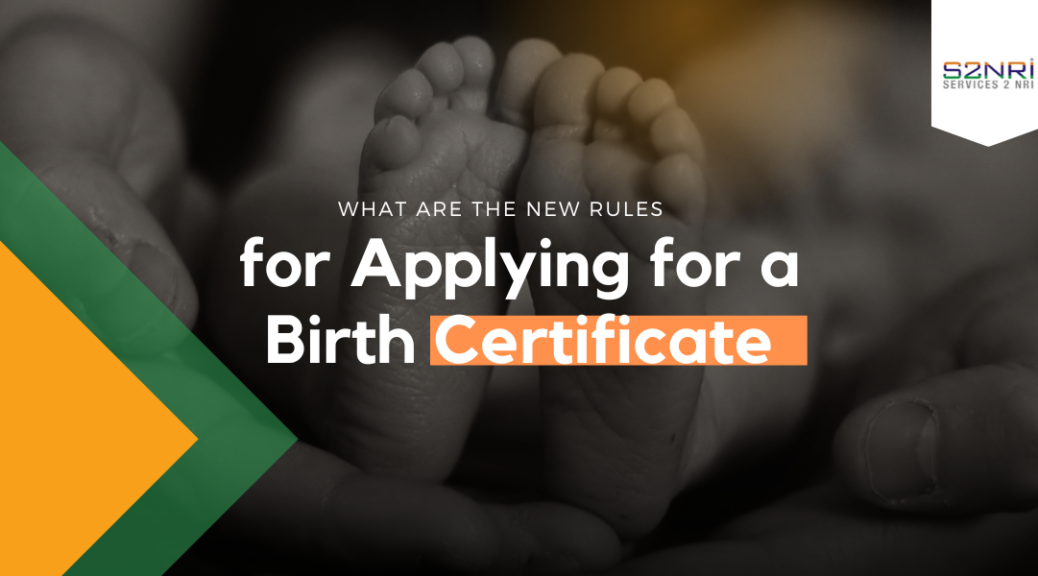
What Are the New Rules for Applying for a Birth Certificate?
A birth certificate is an important legal document that can prove your citizenship and residency. It reveals everything related to your parents, address, and contact details, together with the date of birth. Under the Birth and Death Registration Act, 1969, it is compulsory to register a birth. Section 23(1)(B) also states that serving any false information is an offense and, hence, can be penalized.
It’s well known that the registrar of the municipal corporation in your region will be responsible for issuing it. Simply put, he holds the official right to issue a birth certificate. But he cannot inquire about the birth. Though he would register, he cannot set up any inquiry into the birth matter on the basis of mere suspicion. The inquiry will certainly take time, and the registration will be delayed. In that case, Section 23(2) allows the court to penalize the registrar for ignoring or refusing to register a birth or death without any concrete reason. Mere suspicion can be the obvious cause of not issuing the certificate timely, as per a report. It cannot request DNA tests from parents or children on the basis of suspicion.
Besides, the process of its application would be simple if you wanted to apply online. For sure, you have to determine the issuing authority in your locality. Here are some general steps that one can follow if they are in India and apply for birth proof online.
Steps or Process of an Online Application
You can follow the following steps to experience no hassles and smooth processing:
Step 1: Determine the authority
This is a crucial step because cities and villages have different authorities to issue this document. So, you have to discover it. However, an online facility is also available. You can just input your state or village and check if there is an official website. In metropolitan cities like Delhi, you can easily find the Delhi Municipal Corporation website like this: https://delhi.cantt.gov.in/?page_id=5243. Certainly, you have to register with your mobile number on the website at first. And then, you can explore the website and download a form for birth registration. NRIs can follow the same step by accessing the website of the Indian Embassy in a specific country.
Step 2: Gather Required Information
The next step is to discover the information regarding what to download, the guidelines to fill out the application form, and gather all the necessary details regarding verification and documentation. You must follow the guidelines before typically filling out the form.
- The full name of the child
- Date and place of birth
- Parent(s)’ full names
- Parent(s)’ identification numbers (Aadhar number, PAN card, voter ID card, passport, ration card with photo, driving license, any government-recognized document)
- Any other relevant documents, such as marriage certificates or proof of identity, may be asked to be attached.
You have to collect these details and streamline the application process, which must not be flawed. Fill in the correct details and also enclose proof of the child’s birth, like hospital documents. If the birth took place at home, the witness’ documents would be required to be verified. His or her testimony will be valuable at that time. If you’re ready with these details, nothing will cause any delay in receiving them.
Step 3: Visit the Official Website
Now, visit the official website. Sign in using your contact details and password.
Step 4: Locate the Online Application Section
Once you have successfully signed in, locate the menu or section where the birth certificate format is available to download. It can be titled ‘Apply for a Birth Certificate’ or ‘download birth certificate form’. Thoroughly explore and find these options on the website.
Step 5: Provide Details in Online Application Form
Once discovered, access the online birth registration application form. Now that you have the form, fill it out with the requisite details. Again, you should take into account that erroneous details will be input if you carelessly fill it out. Double-check the filled form once it is filled.
Step 6: Upload Supporting Documents
Considering that authentication is a must, you have to upload the supporting documents along with the application form. You can check step 2 and enclose the scanned copies of your identification documents and hospital documents as proof of your birth. Ensure that all documents are clear and legible. The blurred copies may cause rejection because the registrar won’t be able to read and authenticate clearly.
Step 7: Review and Submit Your Application
Now that you have completed the form, take a moment to review the details you have input. Check their accuracy. No field or column should be left unfilled. Afterwards, you can upload and submit it online.
Step 8: Pay the Required Application Charges (if applicable).
This is not a free service. You have to pay the service charges. However, the charges will be minimal because it’s a government service. For example, the MCD portal shows INR 2 for it if it is applied within 21 days and INR 5 if it is applied within a year. Likewise, every state or union territory has its own service charge. You can check the website and read the guidelines thoroughly.
Step 9: Wait for Processing
Upon submission of your application, you should wait for the authority to send you a message regarding successful verification on the registered mobile phone or email ID. This processing can take a week to a month, depending on the volume of applications.
Step 10: Receive Your Birth Certificate
As soon as your application is approved, you will receive a notification on your email and mobile phone. Then, you can download a digital copy and save it.
There may be certain obstacles that can consume a lot of time, and you may not have adequate information. This is where Services2NRI comes in. We can help you apply for it without facing any problems. For end-to-end assistance, contact us.
Conclusion
The registration of a birth is marked under the Birth and Death Registration Act, 1969. Recently, the court has updated that the registrar won’t cause any delay in registering and issuing a birth certificate under the pretext of suspicion of birth. Rest assured, one can follow the necessary steps to apply for the birth certificate while following the suggested guidelines.
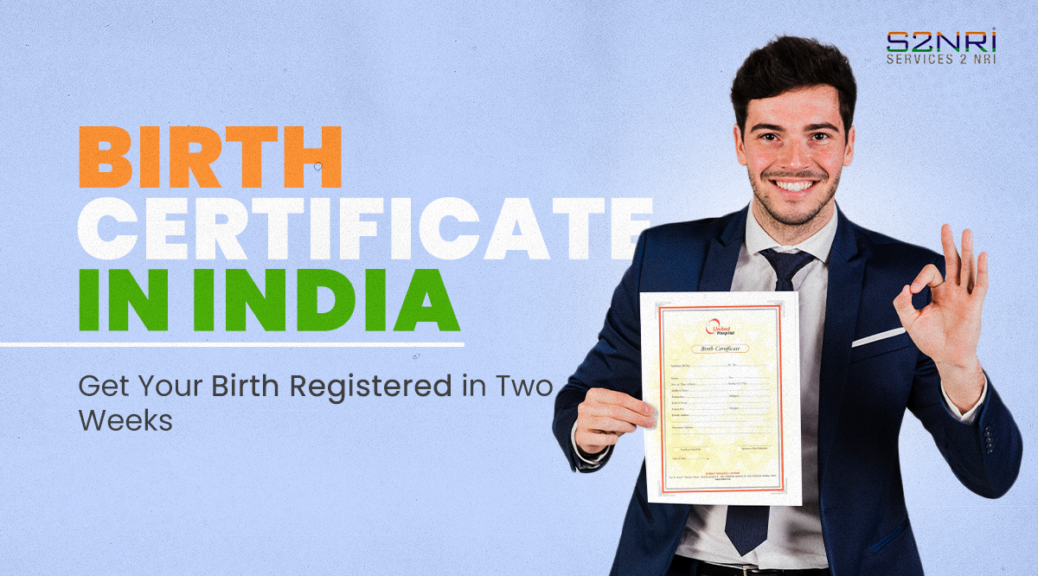
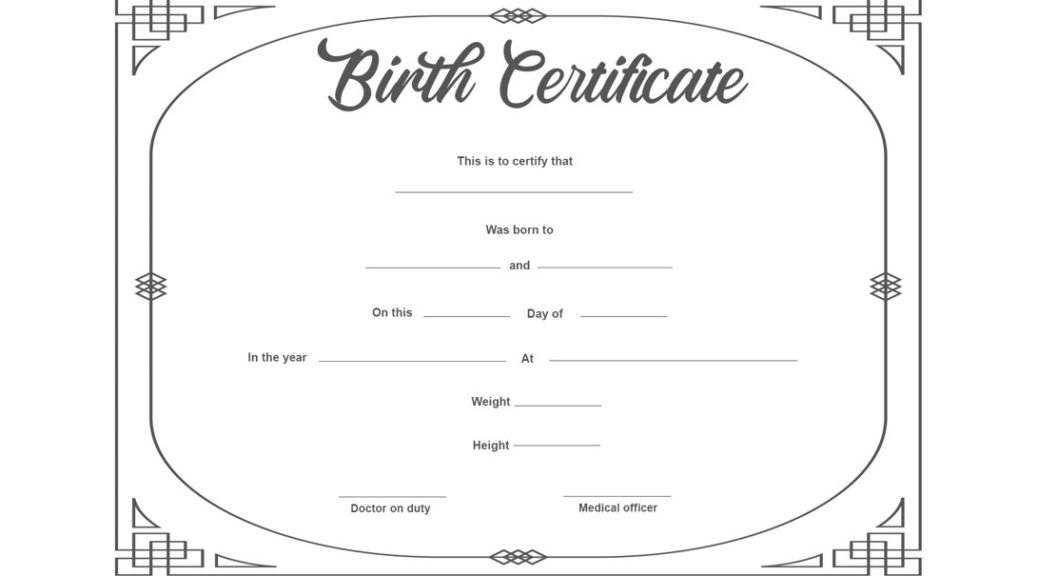
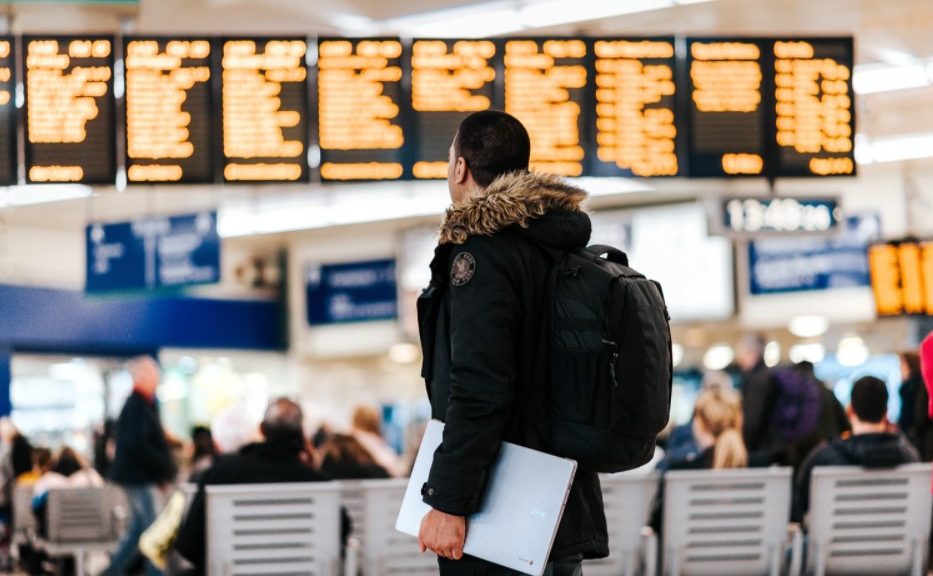
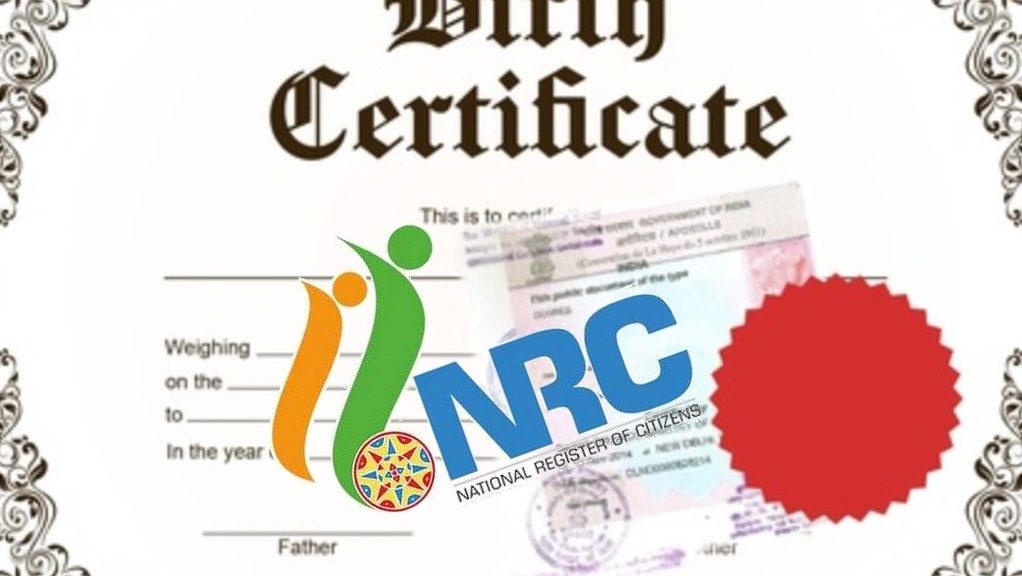
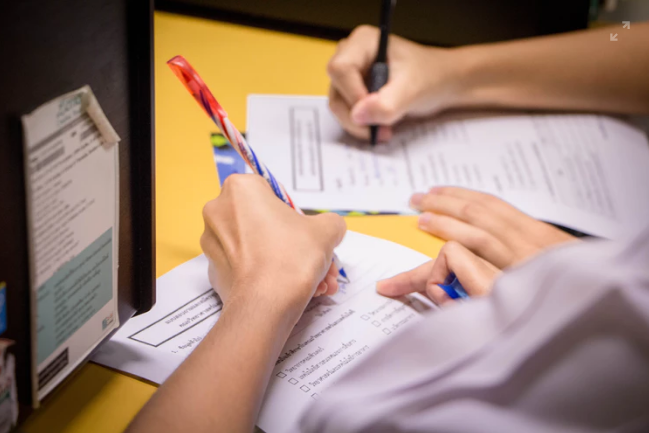
 this is link
this is link